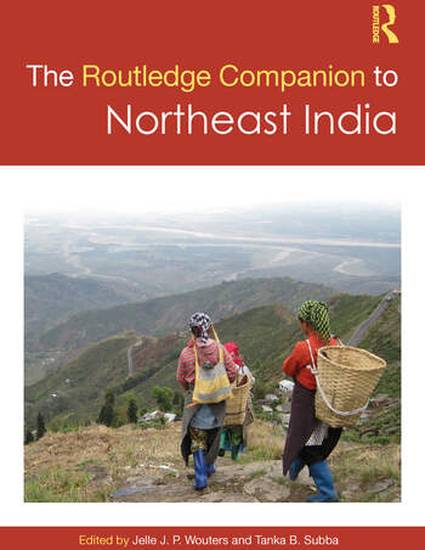
Contribution to Book
Territoriality
The Routledge Companion to Northeast India
(2022)
Abstract
Writing on hill politics in Northeast India at the time when most of the hilly areas of the region were still demanding statehood Shibanikinkar Chaube contends “that until the British advent, the notion of territorial or political authority was unknown in the hills”. While he was referring to the absence of an organised political life and the assertion of a large-scale territorial entity, it would, however, be wrong to assume about the absence of territoriality among independent villages in out-of-way places. Human territoriality, as Sack explains, can be “asserting and attempting to enforce control over a geographic area... by individuals or by groups, and it applies at any scale from the room to the international arena”. The notion of territoriality in Northeast India exists together with ethnic identity and is largely determined by the colonial spatial knowledge, wherein the colonial empires mapped the occupied territories to find out who lived where to make the task of administration easier. Administrative units were created around such identities and a host of other minority groups were also grouped within such units.
Keywords
- Territoriality,
- Northeast India,
- Exceptional Space,
- Chassad
Disciplines
Publication Date
September, 2022
Editor
Jelle J.P. Wouters and T.B. Subba
Publisher
Routledge
ISBN
9781003285540
DOI
https://doi.org/10.4324/9781003285540-72
Citation Information
Thongkholal Haokip. "Territoriality" LondonThe Routledge Companion to Northeast India (2022) p. 434 - 439 Available at: http://works.bepress.com/haokip/62/
